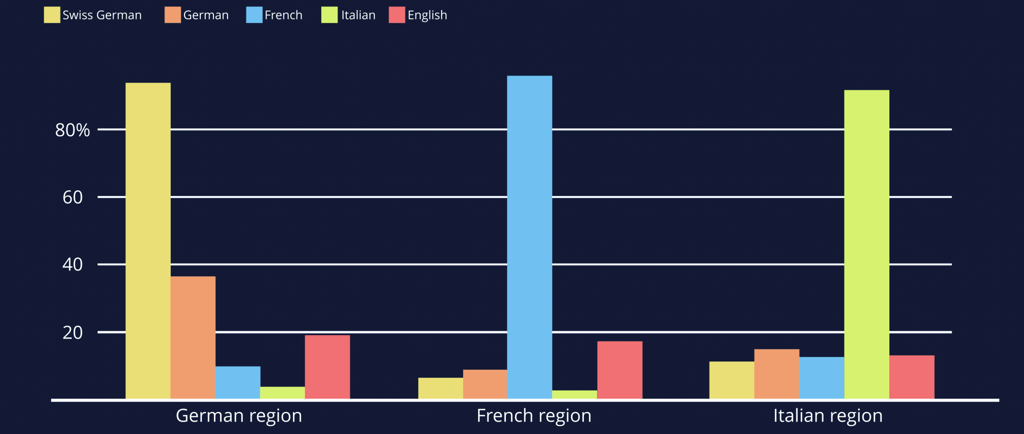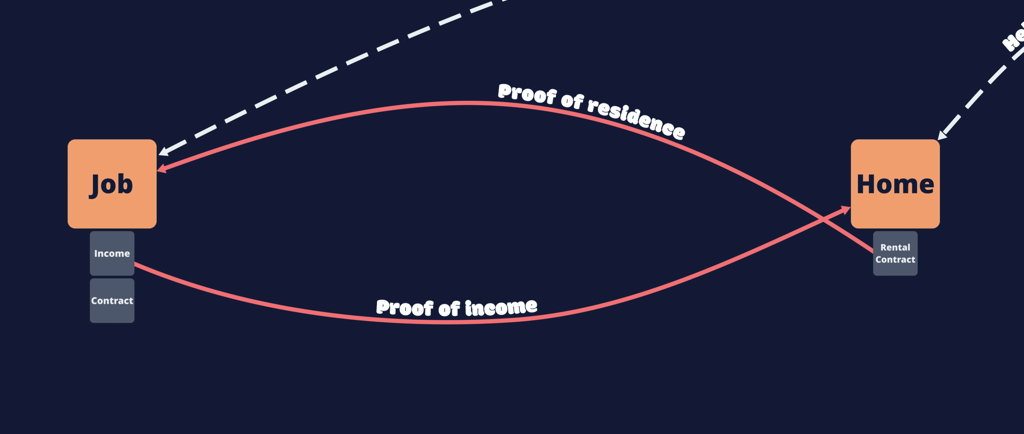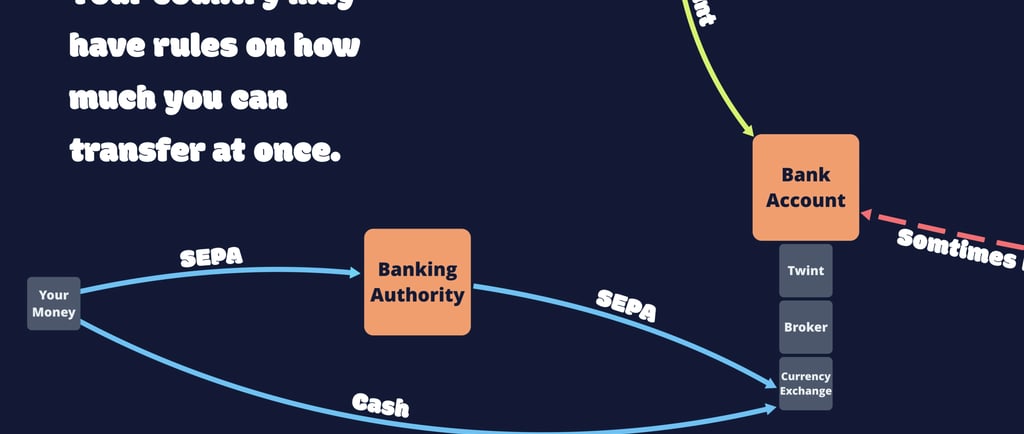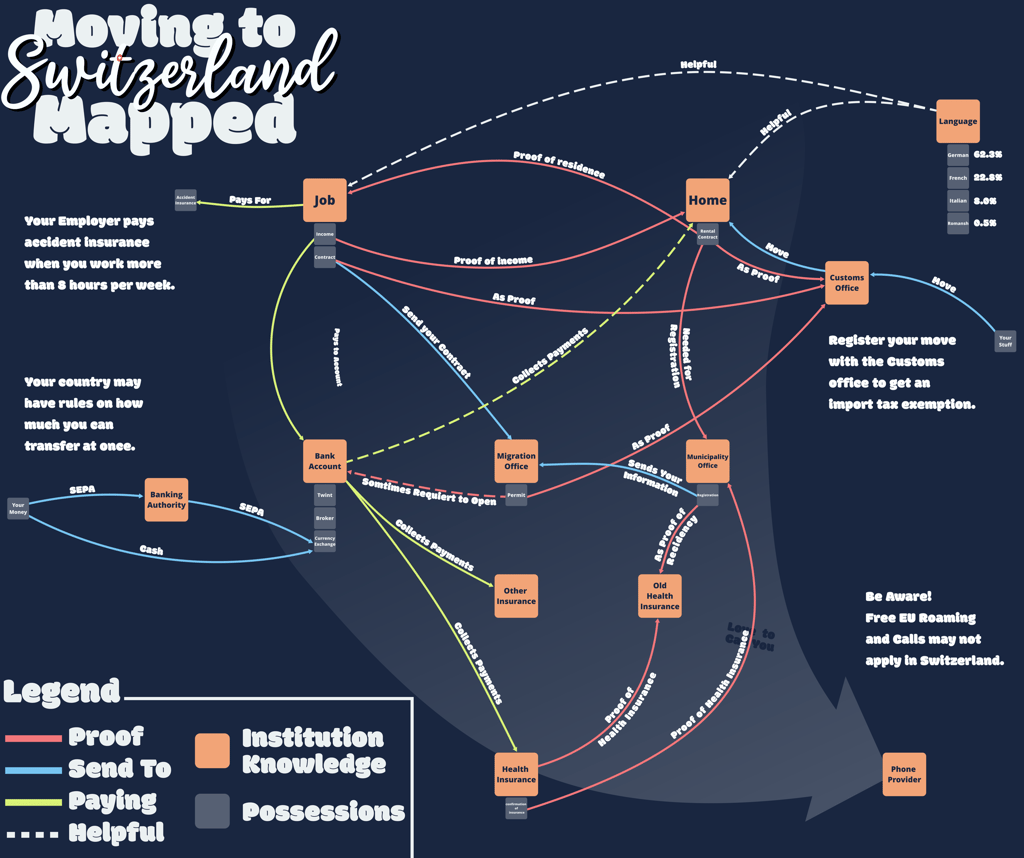
How to Move to Switzerland, Mapped!
Do you want to move to Switzerland and have no idea where to start? This is the Post for you. I made a map that outlines everything you need to do and sends where.



Intro:
Do you want to move to Switzerland and have no idea where to start? You are lucky! I made a Map for you! And even tell you, at the end, where to begin to save money.
Disclaimer:
First, a little disclaimer.
This video is based on my experience as an EU citizen. If you are not from the EU, additional documents could be required to prove your legal status in this country. In any case, you check for your country of origin and what steps are needed, and take this video more as a starting point or orientation.


Language
First and foremost, Speaking the local language is extremely useful, and Switzerland has four of them. German, French, Italian, and Romanisch. While the last one only accounts for less than 1%. German and French are spoken in large parts of the country. Especially in rural areas, English is not as common as in larger cities. Many older people have learned multiple national languages before learning English. Do not expect your Landlord or Naibgour to speak English.
The matter might be different in cities. For years now, English is on the rise. In city cantons Basel-City, Geneva, and Zurich, English is widely spoken. According to the Federal State Office, English is spoken in 13-20% of Workplaces, depending on the linguistic area, with the majority made up of the language of the particular region.
But be prepared. Swiss people are also known for having their own dialect when it comes to communication. Even many native Germans struggle with understanding the Siwss-German, which is widely spoken in the German-speaking part.
Therefore, learning a language is helpful when applying to an accommodation or occupation.


Accomadation and Occupation
If you find a way to communicate with others.
Moving to Switzerland has one major roadblock. The Accomondation-Occupation Pradoxon. In short: No Occupation without Accomondation, and no Accomondation without income.
The Paradoxon is slowly fading away for jobs that can be done remotely. But not all jobs can. Especially non-office jobs are hard to outsource and still relieve on a daily commute to your workplace. According to a survey by the University of Zurich. Electricians, mechanics, and skilled service staff are among the highest unfilled jobs, and there is no option for remote work.
There are other ways to secure the necessary financial backing to afford life. Students might be sponsored by their parents, or you run a business. All of them are ways to generate financial freedom. You might also just be wealthy.
In any case, your landlord seeks certainty you will pay rent on time. After all, Switzerland has one of the lowest house ownership rates in the world, in addition to the low availability of Flats. Below 1.5% are empty at any given time, according to the last publication in 2020.
Finding an affordable Flat is not easy, especially since Swiss cities are among the most expensive property markets in the world.
For now, we assume you solved the paradox and hold a Work and a Rental Contract on hand.
Municipal Office
Your next step is to take your rental contract to your local Municipal administration. Depending on your town, this can be done online, requires an appointment, or you can show up. Either way, you must present your contract and a valid ID-Card or Passport. They will take copies if done in person and let you sign the paperwork, hand you out a copy, and you are good to go.
You may even receive a welcome package containing vouchers for public services or Iodine tablets. If you live somewhere near a nuclear power plant.
The Municipality will furthermore forward your information to the Office for Migration.
Migration Office
The Office for Migration of your given Canton provides a central point for information for all foreigners. They work with other Swiss offices to manage residence permits and documentation.
And they will manage yours as well, as long you fulfill the requirements.
For that, they need proof of your occupation. Just send a work contract or the necessary financial statement right into their office. This can be done by mail.
After they check your documents, you receive further instructions in your letterbox. Hopefully, you changed that already.
Now pay the bill and proceed with an appointment in their office. There, they check your ID and take a new photo for your ID-sized permit. All in all, it took me less than 5 minutes to enter the building and leave again.
But wait. Paying bills? We have not talked about bank accounts yet.


Bank Account:
Banks can be tricky. Some let you open an account even if you do not live in Switzerland. Others will not open one without a residence permit. Some have different rates than others. Some handle openings online and some offline. Overall, there are over 200 Banks to choose from.
But opening an account is straightforward. Present your ID and Permit, sign the contract, and done.
Now, your bank provides you with a new destination for your income and additional perks.
Twint is one of them.
Being the Swiss PayPal, this app works as digital cash in the country. Directly linked to your account or stand alone. You can pay, receive, and send money with ease. All by scanning QR codes or tying in one of your contacts.
Your bank can also be your broker. To invest your hard-earned money into financial assets.
Before you can spend your money you first need to move it here.
Switzerland is part of the SEPA area, which enables easy transfer of money in Europe. But now you need Swiss francs, the Swiss currency. Like any other bank, they will exchange your money, but be aware of the exchange rate. There is always a gap between the real exchange rate and the one your bank offers, and it's always in the bank's favor.
Transferring money from Europe to Switzerland is as simple as any other Transaction. Depending on your country, you may have to register large money transfers.
Cash, on the other hand, you can take as much as you want, but you have to be prepared to give information about the origin of the money.
With a bank account in your name, you can start paying for other things, like health insurance.
Health Insurance:
And Health insurance is n mendetory. Again, there are many to choose from.
Over 40 diffrent ones. All with there slightly diffrent prices and services.
You can choose between 300 CHF up to 2500 CHF self-contribution per year. For the lowest option, monthly payments increase by as much as 40% compared to the higher option.
On top is a variety of additional health-related insurance. All are optional.
The only other non-optional insurance covers you for accidents.
If you work more than 8 hours per week with your employer, they split the bill with you. In case of an accident, you don't get finically ruined.
Old Health Insurance:
If you are from any other European country, you have health insurance in your old country. To cancel, send proof of your new insurance and registration from the municipality office. In many cases, this is enough to cancel your old one immediately.
Insurance:
Other insurances are optional, but it's highly recommended to have at least private liability insurance. That covers you for any permanent damage to others.
Zoll:
With everything set up, it's time to move all your stuff into here.
Switzerland has an import tax. In your case, you can skip it. All you have to do is to register your moving operation and stuff with the border control. Here any valid document that proves you are moving to Switzerland is enough.
End:
This covers most of what you do when moving to Switzerland. But your first step should be getting a Swiss phone plan. Insurance and Banks love to call you, and calling can be expensive. Especially since European phone plans are not required to offer roaming in Switzerland and tend to charge worldwide fees.
This will not only save you money in the short term but it saves you a lot of time by not having to change your number for every office and company.


